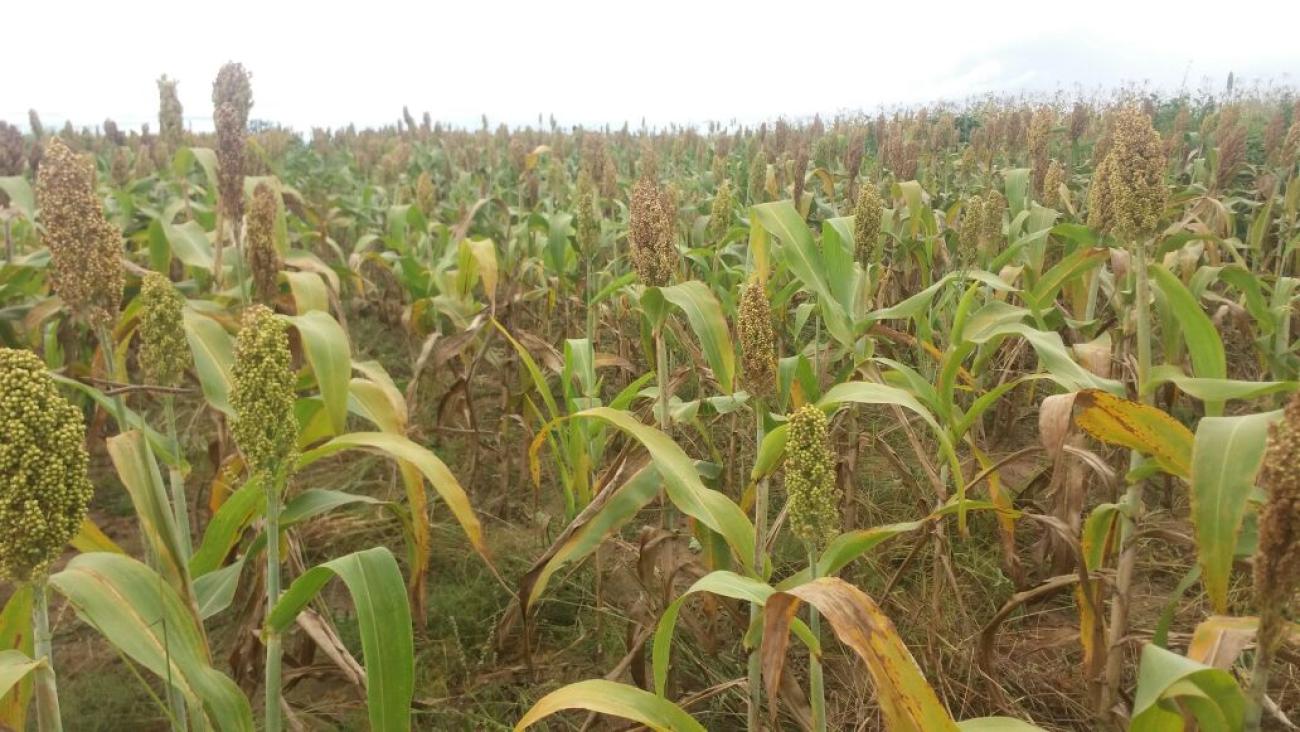840,000 people targeted with on and off farm intervention in 18 rural districts with recurrent vulnerability to external shocks
The United Nations Development Programme (UNDP) managed Zimbabwe Resilience Building Fund (ZRBF), funded by European Union, Sweden and UK, supporting irrigation-based farming to transform agriculture production in Beitbridge district.
A consortium of stakeholders including; International Rescue Committee, Cesvi, Bio Hub, Matopo Research Institute and Cimmyt are running various projects under the Program for Growth and Resilience (PROGRESS).
Despite the ongoing COVID-19 pandemic challenge, Cesvi’s Area Co-ordinator for Beitbridge, Mr Munyaradzi Katemaudzanga, said that they were hard at work with 112 smallholder farmers supported with citrus farming venture at the 100-hectare Kwalu irrigation Scheme in Ward 11.
“Recently 8 400 citrus trees were planted translating to 75 trees per person and the trees are expected to start bearing with an estimated crop yield of 3,5 tonnes/ ha,” Ms. Katemaudzanga said.
The ZRBF which began implementation in 2017 targets 840,000 people with on and off farm intervention in 18 rural districts with recurrent vulnerability to external shocks.
Meanwhile, with funding from the UK Foreign, Commonwealth and Development Office (FCDO), IOM launched a Climate Smart Agriculture (CSA) and nutritional garden training programme for migrant returnees.
Developed and conducted by Foundations for Farming (FfF) the initiative will equip 1200 targeted beneficiaries with a foundation for commercial vegetable production once they have met their own nutritional requirements and honed their skills as gardeners.
This is done in part by engaging returning migrants in programmes to recover lost livelihoods while providing for a sustainable recovery post-COVID-19. Following the training, beneficiaries receive an agricultural kit with tools, vegetable seeds and fertilizers to start their home gardening project.












